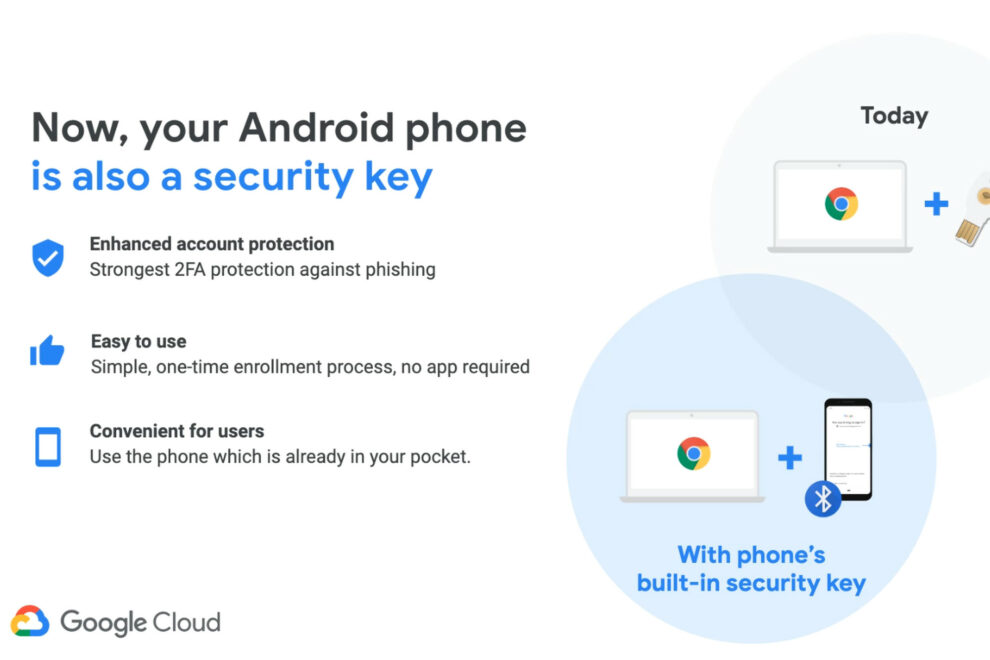Google has announced a major update to Android’s security features, allowing users to not only detect but actively locate unknown tracking devices in their vicinity. This enhancement transforms the existing warning system into a comprehensive safety tool, marking a crucial step forward in protecting users from potential surveillance.
The update introduces two powerful new tools for Android users encountering unknown trackers. The first feature, “Temporarily Pause Location,” provides immediate protection by blocking tracker location updates for 24 hours when users receive an alert. The second and more significant addition, “Find Nearby,” enables users to precisely locate suspicious tracking devices, offering a practical solution to what was previously just a warning system.
This advanced detection system works through an intuitive interface that shows users a map displaying the tracker’s last known location where it was moving with them. Users can then trigger a sound from the device to aid in locating it, with the important privacy consideration that the tracker’s owner won’t be notified of this action. If the audio alert proves insufficient, the Find Nearby feature activates a Bluetooth connection that guides users to the tracker’s location through a visual interface that becomes more complete as they approach the device.
The implementation demonstrates Google’s commitment to accessibility, as these safety features are available to any Android device running version 6.0 or newer, regardless of whether users participate in the Find My Device network or own tracking devices themselves. This broad compatibility ensures that essential safety features are available to the widest possible user base.
This development builds upon the collaborative efforts between Google and Apple, who jointly released a shared standard for detecting unknown Bluetooth trackers in May 2024. The standard followed Google’s launch of its Find My Device network in April, creating a more unified approach to addressing privacy concerns across both Android and iOS platforms.
The enhancement mirrors Apple’s existing Precision Finding tool for AirTags, bringing Android’s capabilities up to par with iOS in terms of tracker detection and location. This parity is crucial as both companies work to prevent the misuse of tracking technology for malicious purposes such as stalking or theft.
The timing of this update reflects the growing concerns about the dual nature of Bluetooth tracking technology. While these devices have revolutionized personal item tracking, making it easier to locate lost belongings, they have also introduced new privacy and safety risks that tech companies must address. Google’s solution strikes a balance between maintaining the utility of tracking devices while providing robust protection against their misuse.
The update’s implementation demonstrates thoughtful consideration of user privacy and security. The ability to locate trackers without notifying their owners prevents potential stalkers from knowing their devices have been detected, while the temporary location pause feature gives users time to assess and address potential threats without compromising their safety.
This development represents a significant evolution in how mobile platforms handle the challenge of unauthorized tracking. By moving beyond simple detection to active location capabilities, Google has created a more empowering tool for users to take control of their personal security. The system’s integration with existing Find My Device infrastructure ensures a seamless user experience while maintaining the robust security measures necessary for dealing with potential threats.
As Bluetooth tracking technology continues to evolve and become more prevalent, this update positions Android as a leader in protecting user privacy while maintaining the beneficial aspects of tracking technology. The enhancement serves as a model for how technology companies can proactively address security concerns while preserving the utility of their products.
















Add Comment